Personhood Throughout History
While today the term personhood is often used to describe someone as “self-aware” or “rational,” historically other criteria were used. Personhood has been defined using sex, skin colour, ethnicity and other arbitrary distinctions.
What we see is that when personood is defined by factors like these, as something other than existence as a human, inevitably someone gets hurt. Consider these examples:
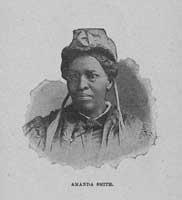 |
“In the eyes of the law… the slave is not a person.” –Virginia Supreme Court decision, 1858 |
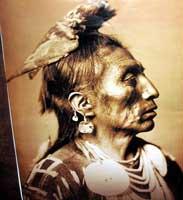 |
“An Indian is not a person within the meaning of the Constitution.” –George Canfield, American Law Review, 1881 |
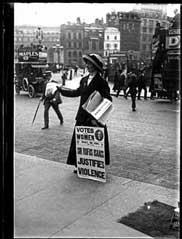 |
“The statutory word ‘person’ did not in these circumstances include women.” –British Voting Rights case, 1909 |
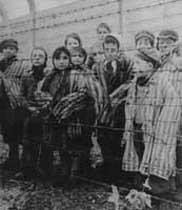 |
“The Reichsgericht itself refused to recognize Jews… as ‘persons’ in the legal sense.” –German Supreme Court decision, 1936 |
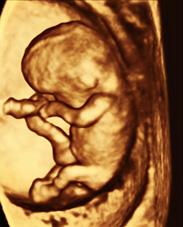 |
“The law of Canada does not recognize the unborn child as a legal person possessing rights.” –Canadian Supreme Court, Winnipeg Child and Family Services Case, 1997 |
And so, in some sense, the term “personhood” tells us less about what someone is, and more about what kind of society we are: Are we inclusive or exclusive? Selfless or selfish? Tolerant or intolerant?
Back to How We Value Humans
